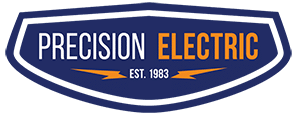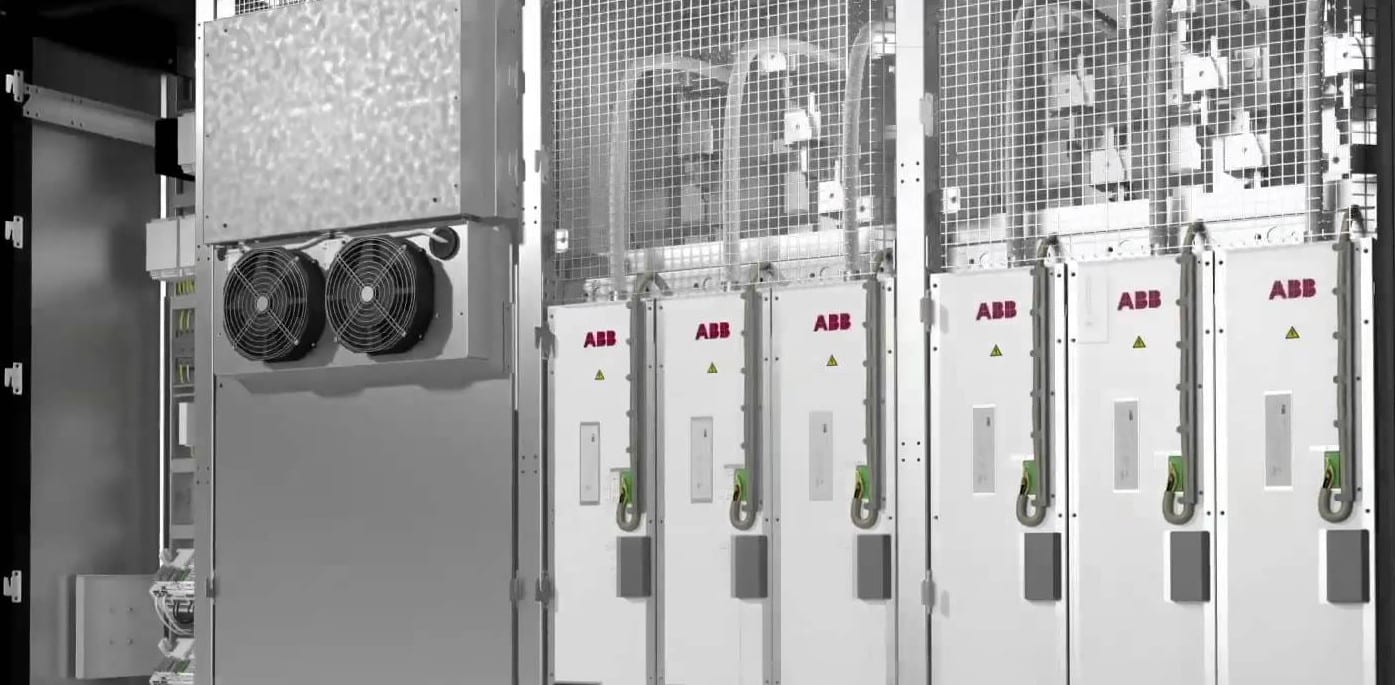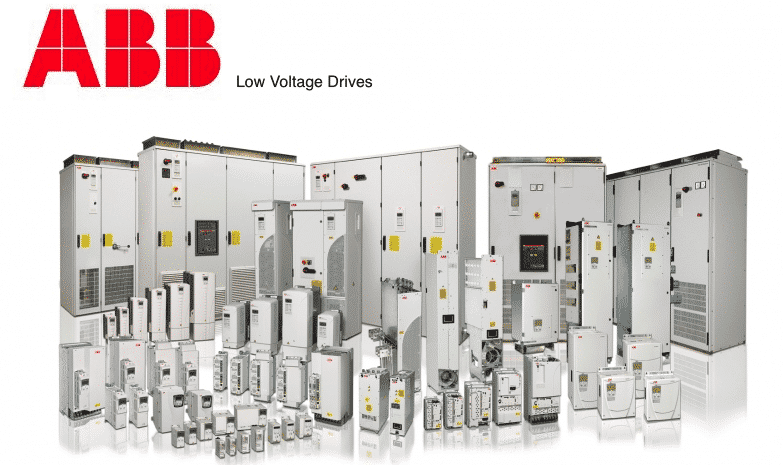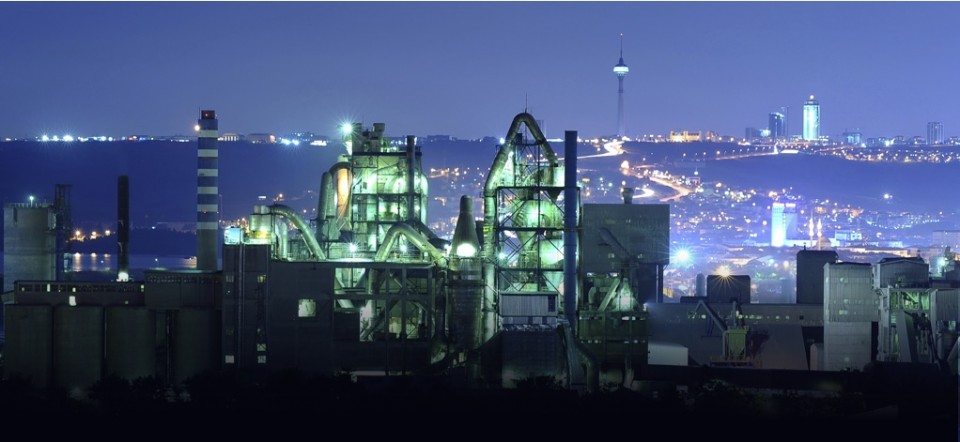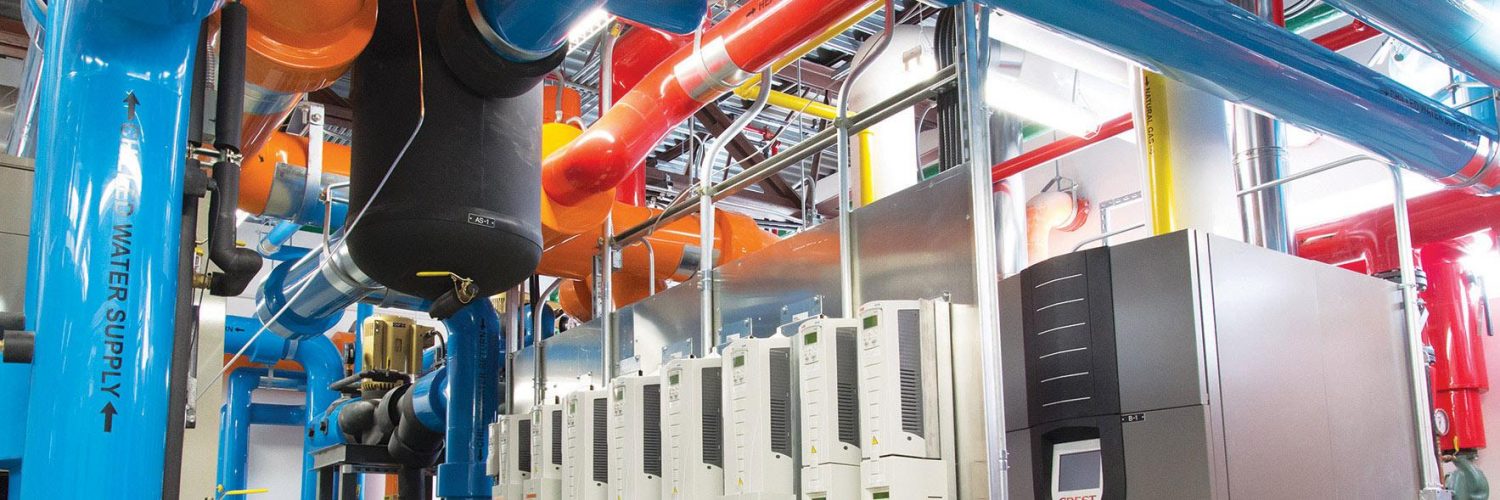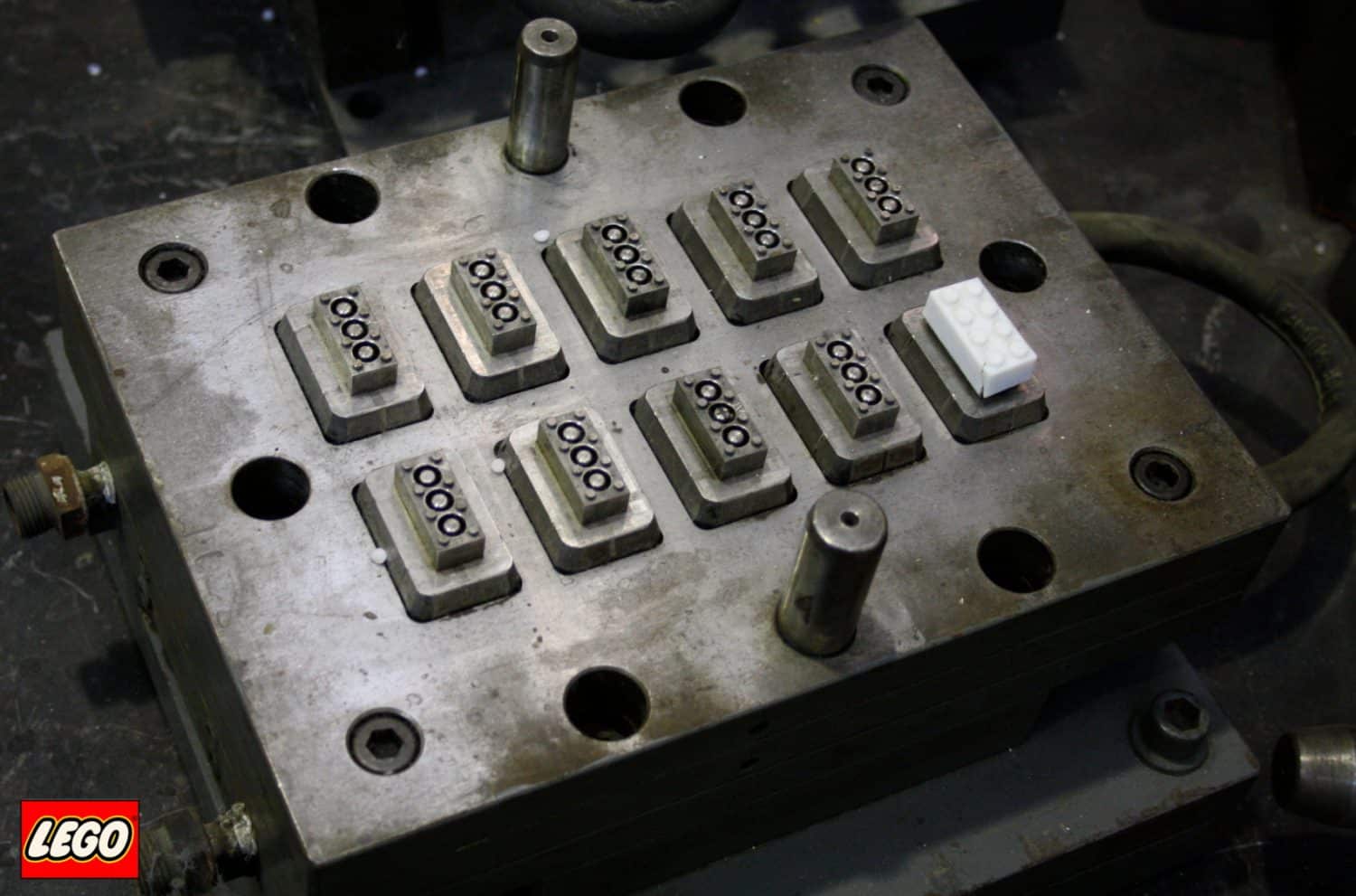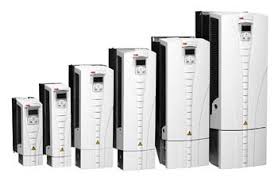ABB industrial drives are designed to tackle any motor-driven applications, in any industries, whatever the power range. ABB industrial drives are compatible with virtually all processes, automation systems, users and business requirements. The innovation behind ACS880 ABB industrial drives is architecture that simplifies operation, optimizes energy efficiency and helps maximize process output. The ACS880 ABB industrial drives consist of single drives, multidrives and drive modules.
ABB ACS880 multidrives simplify industrial processes without limiting possibilities. ACS880 multidrives and ABB industrial drives can be built-to-order to meet customer needs and to meet technical challenges through a wide selection of options that are all mountable within the drive cabinet. A single supply and DC bus arrangement with multipleACS880 multidrives reduce line power, cabinet size and total investment costs. The features and options include extended I/O, fieldbus options, EMC filtering, brake options, fuses and main switch. The new cabinet design is more compact, including efficient thermal handling.Several ingress protection (IP) classes with IP22 and IP42 offering solutions for different environments are also available for ABB ACS880 multidrives. Induction motors, synchronous motors and induction servo motors are all supported as standard, without any additional software. ABB ACS880 multidrives can control motors in either open loop or closed loop, through its high precision motor control platform, direct torque control (DTC).
ACS880 Drive Modules
ABB ACS880 drive modules are designed to be built into a control cabinet by machine builders and system integrators. With inverter power up to 3200 kW, ABB drivemodules are used to build multidrive and high power single drives configurations. Everything that is required for a complete drive including rectifiers, inverters, brake options, EMC filters, du/ dt filters, I/O options, communication options and documentation is available. ABB ACS880 drivemodules are used in industries such as metals, oil and gas, mining, marine, offshore, material handling machines, pulp and paper, automotive, food and beverage, cement, power, water and wastewater.
ACS880 Single Drives
ABB ACS880-01 single drives simplify your world without limiting your possibilities. The ABB ACS880-01 is a wall-mounted single drive compatible with a wide range of applications in a broad range of industries such as oil and gas, mining, metals, chemicals, cement, power plants, material handling, pulp and paper, sawmills and marine. At the heart of the drive is direct torque control (DTC), ABBs premier motor control technology. The extensive range of options include EMC filters, encoders, resolvers and brake resistors, remote monitoring tool, as well as application-specific software. Built in safety features reduce the need for external safety components. CODESYS programming capability is embedded inside the drive for making the application run more efficiently, without a separate programmable controller. Multiple drives can be daisy-chained for synchronized drive-to-drive communication. The drive offering includes two enclosure ratings, UL Type 1 (IP21) and UL Type 12 (IP55), for dusty environments. ABB ACS880 single drives also offer built-in service features.
Conclusion
ACS880 ABB industrial drives can control motors in either open loop or closed loop, through their high precision motor control platform, direct torque control (DTC). ACS880 ABB industrial drives also have built-in safety features to reduce the need for external safety components. ACS880 ABB industrial drives support the CODESYS programming environment according to IEC 61131-3. ACS880 ABB industrial drives common architecture features the same control panel, parameter menu structure, universal accessories and engineering tools. The new control panel is equipped with an intuitive and high-resolution control display that enables easy navigation.
Many flexible data visualizations including bar charts, histograms and trend graphs help users to analyze processes, with assistants available to simplify setup. The menus and messages are customizable for the specific terminology of different applications. An integrated USB port allows easy connection to the Drive composer PC tool, which offers fast startup, commissioning and monitoring. The built-in energy calculators, including used and saved kWh, CO2 reduction and money saved, help the user fine tune processes to ensure optimal energy use. The energy optimizer control mode ensures the maximum torque per ampere, reducing energy drawn from the supply.
To learn more about ABB Industrial Drives, visit the ABB Website. For ABB industrial drives repair and replacement quotes, contact Precision Electric.
